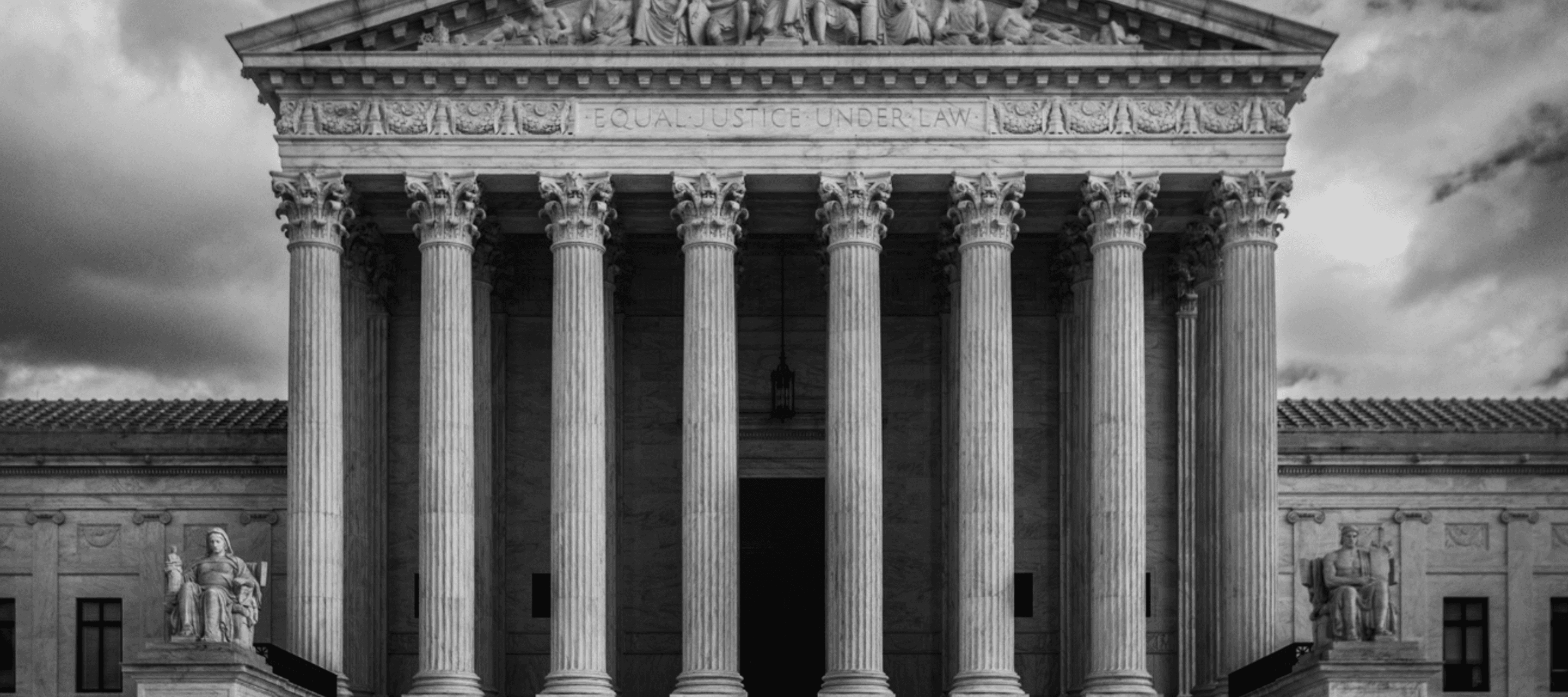Diversity needs defending - can companies rise to the challenge?
7 July 2023

Companies that pursue diversity, equality, and inclusion programmes as part of their hiring and staff development strategies will likely face new scrutiny in the wake of last week’s U.S. Supreme Court decision ending affirmative action policies in college admissions.
By saying that these policies, which most U.S. universities implement, violated the equal protection clause, the court made it harder for American universities to diversify their student bodies.
Although the judgment is restricted only to college admissions, its implications may be far-reaching, including for the corporate sector.
This move is part of broader efforts to limit affirmative action programmes of different types. For example, the conservative-leaning Alliance for Fair Board Recruitment is challenging the state of California’s requirement for companies based there to have boards with minority representation. Law firms are already bracing for potential lawsuits from groups targeting companies, which have actively recruited board members from minority groups.
Legal risks to companies
Companies that pursue diversity, equality, and inclusion programmes will need to be ready to respond to those who claim to speak for the common good by seeking ‘colour-blind’ policies, but whose effect is to maintain existing inequities and power structures.
Risk-averse corporate lawyers, whose job it is to protect companies from lawsuits, may opt for strict compliance and urge caution to executives who wish to diversify their workforce. Companies actively seeking out contractors from ethnic, racial, or other groups that have historically been discriminated against, may face new legal risks as well. Those providing scholarships or internships to minority candidates, or mentoring only to minority employees, may also find it more difficult to design such programmes.
To be sure, in his decision for the Supreme Court majority, Chief Justice John Roberts didn’t rule out race related considerations as factors in admissions. In fact, his caveat that: “nothing prohibits universities from considering an applicant’s discussion of how race affected the applicant’s life,” suggests questions designed to identify circumstances in which a prospective student has had to cope with adversity in life as a result of discrimination, could continue in university applications. Applicants will still be able to discuss their involvement in activities such as participation in a black students’ group, or a pro-choice women’s initiative, or an LGBT Pride march, for example, to reveal their identity and how racism or other forms of discrimination may have impacted their lives.
Diversity makes companies better
The reality is that decades of research show that a diversified and inclusive workforce is good for the work environment, although some programmes to encourage diversity fail.
As early as in 1993, Nobel Laureate Gary Becker showed how companies and organisations that discriminate were, in fact, worse off, compared to those that do not discriminate. His detailed research, dating back to the 1960s, has stood the test of time. Indeed, a recent McKinsey study bears this out, , showing a positive correlation between gender-friendly policies and corporate performance.
Whatever the research tells us, respecting human rights is not a matter of dollars and cents. It is important to think beyond the ‘business case'.’ If evidence were to suggest that companies that discriminate outperform companies that have fair employment policies, should companies see this as a legitimate reason to discriminate? That would not only make companies mirror the worst societal practices; they would undermine human rights.
Less diverse talent pools
The Supreme Court verdict poses one serious problem for corporate America. Many companies have, in effect, sub-contracted their need to diversify their workforces to universities. They have relied on universities’ ability to produce employable graduates and benefited from universities’ diversity policies to meet their own needs.
Now companies will find that relying on selective elite universities won’t be enough. Enlightened companies would do well to begin supporting and offering scholarships at schools with high enrolment of minority students. The need of the so-called ‘historically-black colleges’ or HBCs (US Vice-President Kamala Harris, who is part-black, part-Indian, had graduated from Howard University, one such college) for corporate funding is far higher than at elite Ivy League colleges. Top US universities’ endowments exceed $74 billion, with Harvard alone accounting for $50 billion, for example.
Can business rise to the challenge?
Businesses will have to take enabling, affirmative steps to make further progress. Indeed, some US companies have taken progressive steps, and public positions that place them on the same side as human rights groups: from backing the Paris Accord on climate, to writing amicus briefs to uphold marriage equality, to backing the Black Lives Matter movement, supporting Pride Month and opposing legislation against LGBTQI+ groups. In this case, 82 companies openly defended affirmative action with amicus briefs. More companies will now have to walk the talk. They may consider time-tested techniques like adopting ‘identity-redacted’ recruitment processes to eliminate bias; expanding the pool of schools from where they recruit students; standardising interview processes; and incentivise actions that are measurable and which advance DEI goals. Law firms have shown improvements following the Mansfield Rule, which calls for broadening the pool of applicants by including more candidates from under-represented constituencies. Leading US law firms have urged other firms to join efforts to increase DEI performance.
For US companies that operate abroad, this ruling creates discomfort. Corporate leaders may be told to mind their own business when advocating for human rights in other countries. Countries beset with chronic discrimination in Asia, Latin America, Africa, and indeed Europe, may also try to halt the advance of extending rights to historically marginalised groups, ostensibly in the name of equality, even if the intent and effect of such moves would be to perpetuate existing inequities.
Regardless of financial incentives and returns, the benefits of a diversified workforce are self-evident, and most companies understand and recognise that. US politics is increasingly divisive, and some want to undo gains made since the 1960s. Whether they choose to or not, companies are at the forefront now to defend those gains. They must rise to the challenge.




